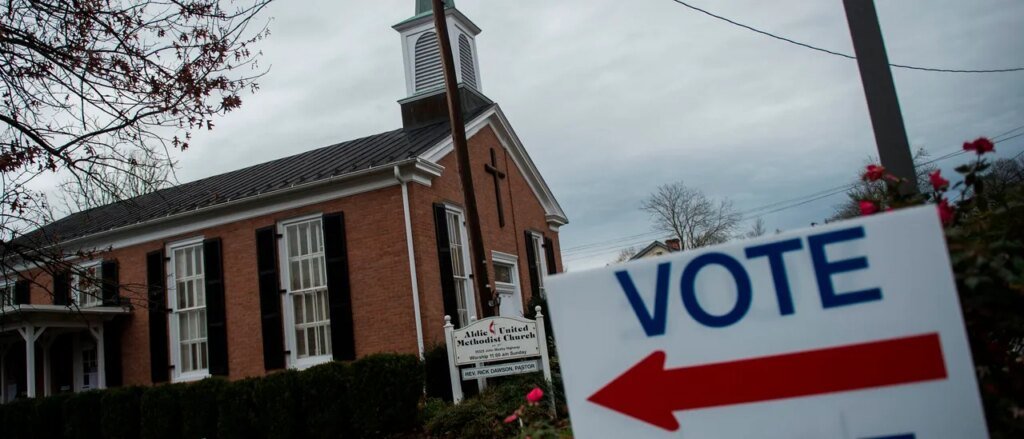Recently, a judge appointed by Obama dismissed a challenge to a Wyoming law aimed at ensuring voter rolls are free of non-citizens. This ruling permits Wyoming to continue asking for proof of citizenship when individuals register to vote. It’s not just a local concern; this issue of non-citizens on voter rolls is being tackled in places like Arizona as well.
Despite claims from the left, there have been cases of non-citizens registering to vote. States like Ohio, Texas, Virginia, and Alabama have taken steps to identify and remove these non-citizen registrations, but have faced legal pushback from lawyers and government officials associated with leftist agendas. There seems to be an interest in maintaining easy voter registration for non-citizens.
Those on the left argue that since non-citizen voting is already prohibited, there’s no need to verify citizenship for voting. However, evidence suggests that non-citizens have indeed cast votes. For instance, Ohio’s Secretary of State reported 138 cases of non-citizen voting, while Texas discovered over 100. This issue clearly warrants attention.
To effectively prevent non-citizen voting, the first step is to ensure that they can’t be registered by requiring proof of citizenship. Unfortunately, the federal government complicates this process. In 1993, Congress passed the National Voter Registration Act (NVRA), which established a federal form that only requires a check box to indicate citizenship, enabling some to easily bypass state laws.
A notable case involved Arizona, where voters approved a measure in 2004 to require evidence of citizenship for voter registration. Consequently, Arizona officials rejected federal forms that lacked such documentation.
This led to a lawsuit which ultimately found that states covered by the NVRA had to accept federal forms—even without proof of citizenship. Still, states hold the power to regulate their own elections. For example, Arizona created a system where voters who register without evidence of citizenship can only vote in federal races, not state elections.
This approach has shown promise, and more states should consider implementing similar measures. Critics often label these requirements as “voter oppression,” but providing proof of citizenship is a routine process for many, such as when applying for an ID or passport. Most legal voters would find that this does not significantly impact their ability to participate.
The key lies in allowing state officials access to appropriate data to verify voter registrations. The federal alien verification database, enhanced during the Trump administration, has facilitated this process for states, allowing them to check multiple registrations efficiently.
If a registration is flagged and there’s no proof of citizenship, states should have a proactive approach to allow voters to provide acceptable documentation, whether before, during, or immediately after voting. States need to ensure voters receive numerous alerts and chances to validate their citizenship.
It may be time for conservative states to prioritize proof of citizenship in their voting processes. Arizona has set a precedent, and this year, states like Utah and Texas have adopted similar measures. Some states not bound by the NVRA, like Wyoming, could lead the way by requiring evidence of citizenship for all elections. However, many remain entangled in federal disputes. With Congress potentially advancing the SAVE Act to enforce proof of citizenship nationwide, Arizona’s framework could serve as a valuable model for state initiatives.
Mandating proof of citizenship when registering to vote seems like a straightforward yet essential step. States are now urged to act decisively to uphold elections for American citizens.







